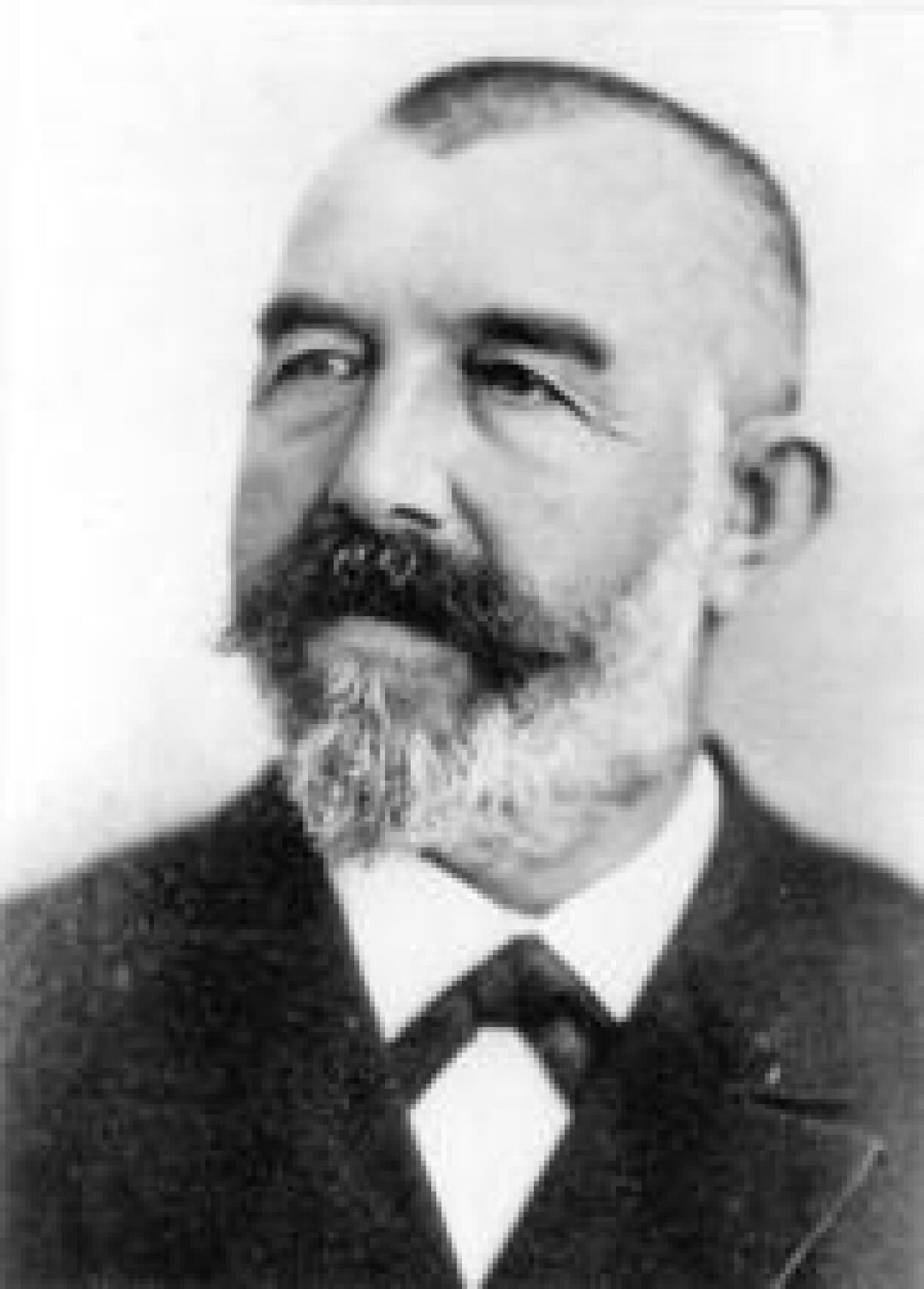
Luxembourg’s current political system reflects a broad range of ideological perspectives, encompassing everything from the left-wing Déi Lénk (The Left) to the right-wing ADR. But when did this multi-party system come about, and how did the first political parties emerge?
In the variety of legislative bodies that existed in 19th century Luxembourg, no political parties had ever been formed. Deputies with similar liberal or conservative beliefs tended to vote together, but they did not coalesce into the structure of a political party. This changed after 1903, with the formation of Luxembourg’s first political party: the Social Democratic Party (SDP), the forerunner of today’s LSAP.
The rapid industrialisation of southern Luxembourg, particularly around Esch-sur-Alzette from the 1860s onwards, brought about a dramatic shift in the area’s social makeup. The exponential growth of a working class living in squalid conditions created an environment ripe for socialist ideas. Inspired by 19th-century leftist theorists, socialist ideas began to spread quickly.
Despite restrictive voting rights, Caspar-Mathias Spoo became the first recognized socialist elected to Luxembourg’s Chamber of Deputies in 1896. Spoo, along with like-minded colleagues such as Dr. Michel Welter, who was elected in 1897, and other middle-class supporters, realized the need for a political party to strengthen their movement, expand their support, and achieve workers’ rights reforms.
In 1902, they founded the Sozialdemokratischer Verein für Luxemburg, which evolved into the Social Democratic Party in January 1903, marking the birth of Luxembourg’s political party system.

The rise of the SDP led to the emergence of other political entities. Late 19th-century liberals, known as classical liberals, were a notable phenomenon across Europe. Their attempts to limit the powers of monarchs and the church were overshadowed by their reluctance to extend the franchise to the working classes, whom they often viewed with suspicion. In Luxembourg, a majority of the Chamber of Deputies in the late 19th century consisted of liberals from the middle and entrepreneurial classes.
Concerned by the formation of the SDP, a group of liberals led by Robert Brasseur founded the Liberal League in 1904. The Democratic Party of Luxembourg is the successor to this league.
With only a tiny fraction of Luxembourg’s population eligible to vote – fewer than 10% – the Liberal League’s primary concern was not the working class but the religious right. In 1908, the Liberal League and the Social Democratic Party formed the Left Bloc, an electoral alliance based on anti-clericalism, marking the beginning of organized leftist politics in Luxembourg.
Luxembourg’s left was thus beginning to organise. What was happening on the right?
On the conservative side, the deputies in the early 20th century were largely agrarian and clerical, representing Luxembourg’s rural cantons where the Catholic Church held significant sway. Despite the rise of leftist parties and their 1908 alliance, the conservative side did not immediately respond.
Instead, the conflict over educational reforms known as the Kulturkampf, which threatened the Church’s power, led to the formation of a right-wing party. Prime Minister Paul Eyschen, who had remained independent and above party politics while relying on liberal support, initiated these reforms. In response, the Party of the Right was founded in 1914. The Party of the Right was the forerunner of today’s CSV.
This development followed the German model, where the emergence of a leftist party spurred the formation of conservative opposition, unlike the British model where a two-party system was eventually challenged by the creation of the Labour Party.
By 1914, Luxembourg’s party system was largely in place, encompassing a broad ideological spectrum. However, the German invasion later that year and the subsequent death of Paul Eyschen in 1915 led to significant political instability.
This period of turmoil saw six different prime ministers in just three years, underscoring the volatility of Luxembourg’s political landscape during this time.
Thank you for tuning in! Now what are you waiting for – download and listen, on iTunes, Spotify, or wherever you get your podcasts.